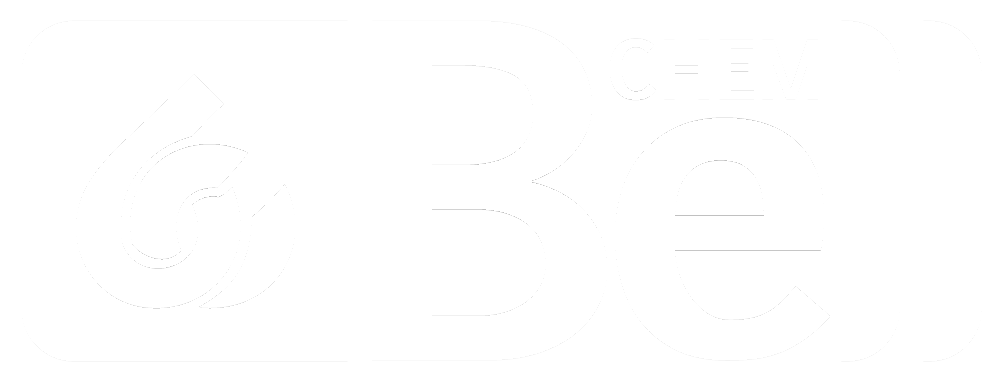Caustic Soda 50% at Bell Chem
Caustic soda 50% is formed when sodium hydroxide (NaOH) forms a saturated solution with water. When the weight of NaOH equals the weight of the water, the product is caustic soda 50%. As an odorless, colorless, highly-corrosive liquid, caustic soda is highly reactive with metals such as aluminum, bronze, brass, tin, and zinc. Bell Chem, the premier chemical distributor of Florida, carries caustic soda 50% and other chemicals for home and industrial use. Because it is a strong chemical base, caustic soda 50% is used in instances where organic compounds need to be broken down and removed. Absorbing moisture and carbon dioxide from the air is another feature caustic soda 50% offers, especially useful in the petroleum industry. Drilling for petroleum is made easier with caustic soda 50%; it neutralizes available carbon dioxide or other acidic gases from the air, making it safer for machinery and workers. Crude oil of poor quality is treated using a process known as caustic washing to remove sulfurous impurities. The new technology of creating synthetic gasoline includes caustic soda 50% in its process.
The paper and textile industry utilize a vast amount of caustic acid 50% in separating lignin from cellulose fibers in the manufacture of pulp and paper. Also, industrial cleaners often contain caustic soda 50% to clean storage tanks because it dissolves grease, oils, fats, and protein deposits. The ability to clear away organic material makes caustic soda 50% ideal for cleaning drains in houses since they often are clogged with hair, as well as waste discharge pipes for industry when they are likewise coated with organics.
With its many uses, it’s no wonder caustic soda 50% is the most often used base in some industries. Find out additional information pertaining to this chemical and many more by calling Bell Chem, the best chemical distributor in Florida, at (407) 339-2355 (BELL). Read our latest blogs to learn about our industrial chemicals, nutritional and beauty chemicals, and home use chemicals.
